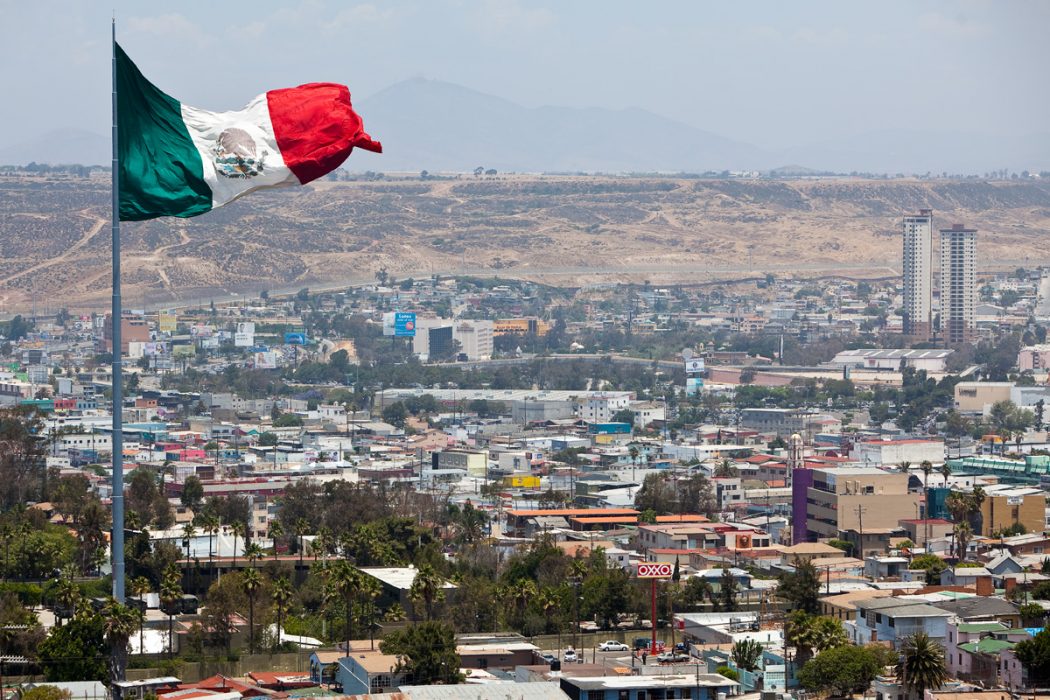ACROSS THE UNITED STATES-MEXICO BORDER: LESSONS LEARNED FROM A TRANSCULTURAL PARTNERSHIP BETWEEN SAN DIEGO AND TIJUANA
ORIGINAL RESEARCH ARTICLE: Frontiers in Public Health, 22 June 2015 | http://dx.doi.org/10.3389/fpubh.2015.00159
Paula Aristizabal, Spencer Fuller, Rebeca Rivera, David Beyda, Raul C. Ribeiro, William Roberts
ABSTRACT
In 2007, the 5-year survival rate for children with acute leukemia in Baja California, Mexico was estimated at 10% (vs. 88% in the United States). In response, stakeholders at St. Jude Children’s Research Hospital, Rady Children’s Hospital San Diego, and the Hospital General de Tijuana (HGT) implemented a transcultural partnership to establish a pediatric oncology program. The aim was to improve clinical outcomes and overall survival for children in Baja California. An initial needs assessment evaluation was performed, and a culturally sensitive, comprehensive, 5-year plan was designed and implemented. After six years, healthcare-system accomplishments include the establishment of a fully functional pediatric oncology unit with 60 new healthcare providers (vs. five in 2007). Patient outcome improvements include a rise in 5-year survival for leukemia from 10 to 43%, a rise in new cases diagnosed per year from 21 to 70, a reduction in the treatment abandonment rate from 10% to 2%, and a 45% decrease in the infection rate. More than 600 patients have benefited from this program. Knowledge sharing has taken place between teams at the HGT and Rady Children’s Hospital San Diego. Further, one of the most significant outcomes is that the HGT has transitioned into a regional referral center and now mentors other hospitals in Mexico. Our results show that collaborative initiatives that implement long-term partnerships along the United States–Mexico border can effectively build local capacity and reduce the survival gap between children with cancer in the two nations. Long-term collaborative partnerships should be encouraged across other disciplines in medicine to further reduce health disparities across the United States–Mexico border.
Dr. David H. Beyda is Division Chief of Critical Care Medicine at Phoenix Children’s Hospital and Professor of Child Health at the University of Arizona College of Medicine-Phoenix where he is also Chair of the Department of Bioethics and Medical Humanism. He directs the Global Health program which offers a Certificate of Distinction in Global Health. He also serves as Chairman of the Bioethics Committee of Phoenix Children’s Hospital.

